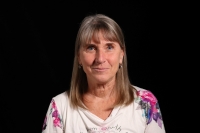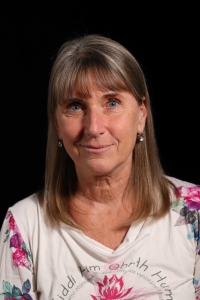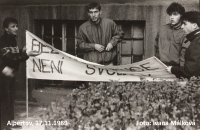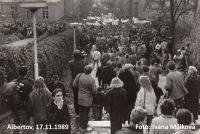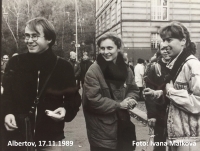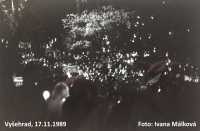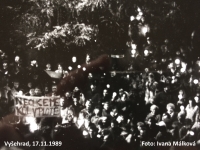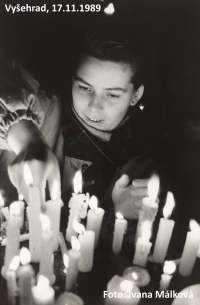I wanted to teach without fear
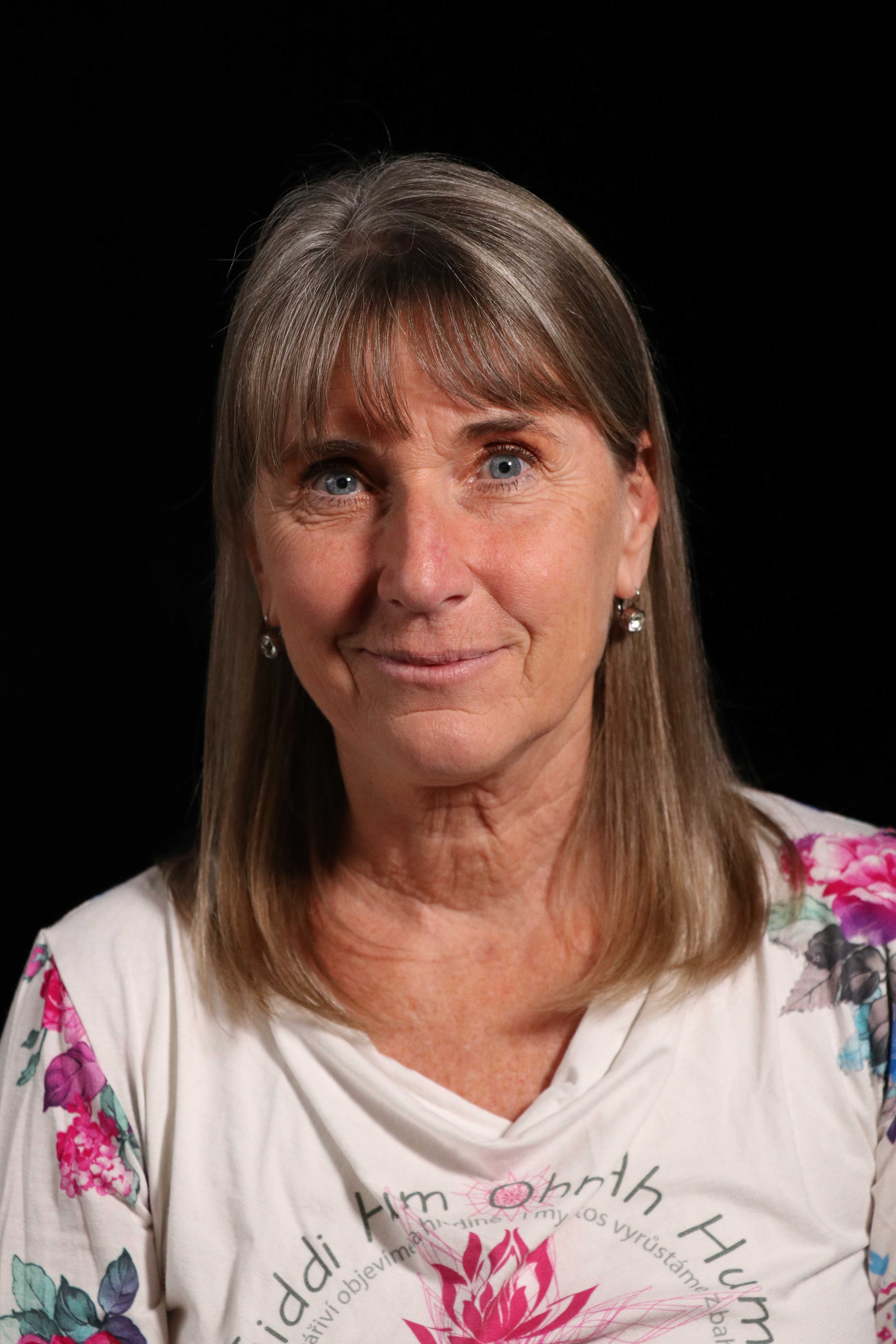
Download image
Ivana Málková was born on 1 October 1962 in Prague. Her mother worked as a secretary, her father was a mathematician and a physicist who lost his job due to his attitudes toward the August occupation in 1968. Ivana was admitted to the University of Economics in Prague, but she did not agree with the atmosphere and the content of the curriculum, so she left after a few months and worked in manual occupations for two years. Then she started supply teaching in the first grade of primary school, where she discovered her talent and passion for pedagogical work. She graduated from the Faculty of Education at Charles University in Prague and she worked at the Na Smetance Primary school in Vinohrady, Prague. In the late 1980s, she regularly participated in demonstrations, and in 1989 she signed and distributed the Several Sentences (Několik vět) petition. She was also in a procession of protesters heading for Národní třída on 17 November 1989, but she escaped the massacre by coincidence. In 1991, she became one of the founders of a private school Škola hrou where she had the opportunity to promote her ideals: a school with a friendly atmosphere, without grading and authoritarian attitudes. In 1993, she became the principal of the school and four years later also its owner. She devoted herself to Škola hrou and left it after nineteen years due to complete physical and mental exhaustion. Since then, she has been working as a consultant and mediator in the field of education.
